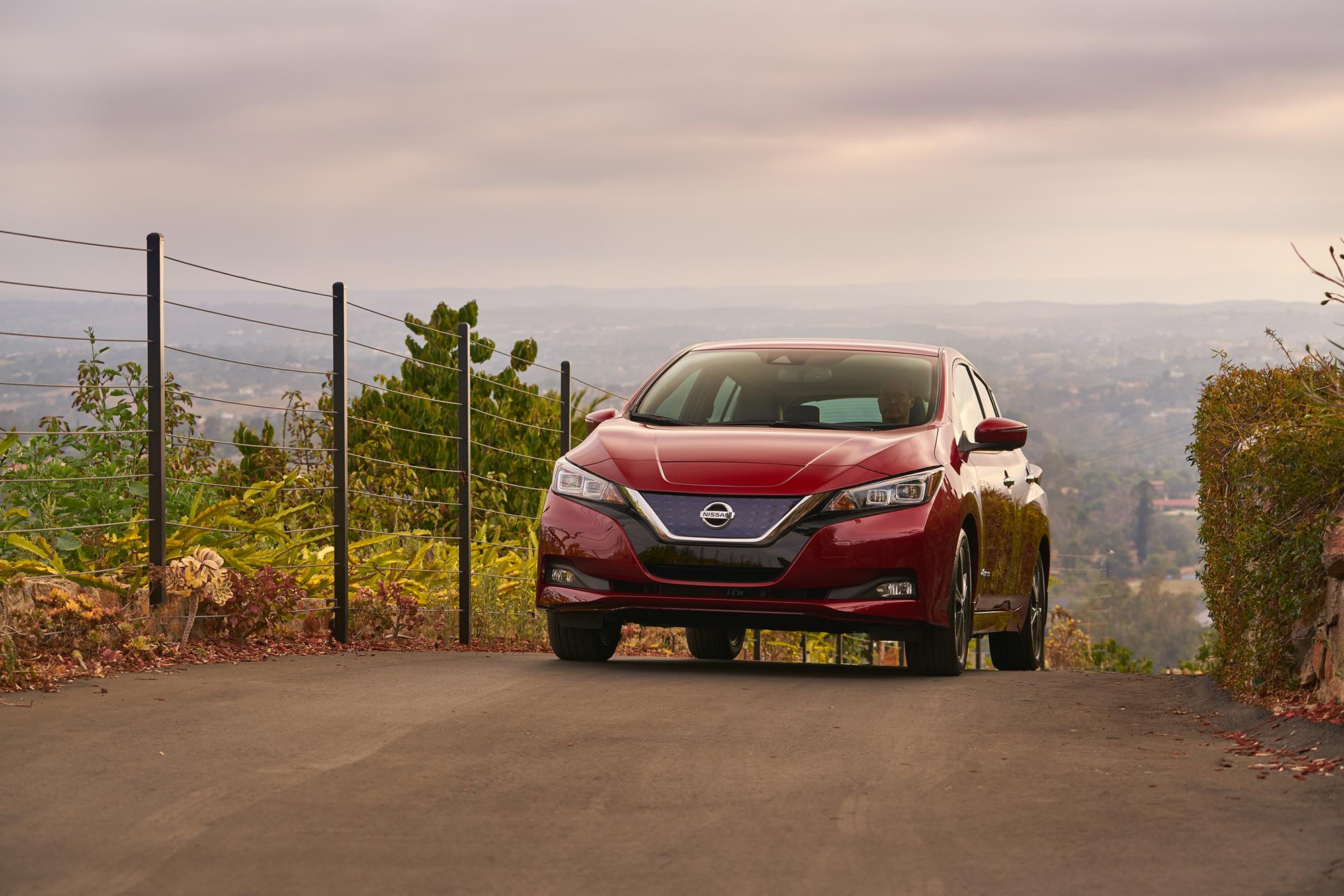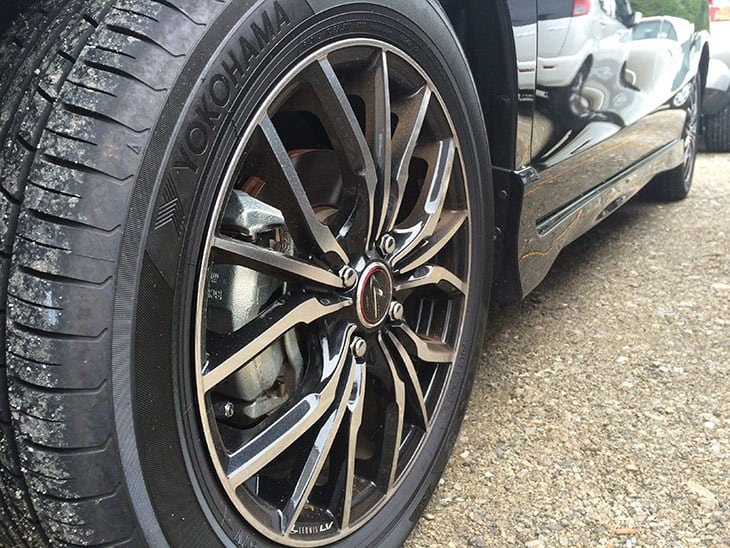Whether you’re commuting to and from work every day or making your way from coast to coast, the cost of fuel can add up quickly. If you drive enough, you might end up spending more for gas or diesel than you would for an airline ticket to and from your destination. What can you do to reduce your fuel costs?
1. Replace Failed O2 Sensors
No one likes seeing their check engine light turn on, especially if it starts throwing codes that indicate a failure in your oxygen sensors. These sensors monitor the amount of air in your exhaust, both before and after the catalytic converter. If one of these fails, the computer has no way to know how it needs to adjust the fuel/air mixture, and you’ll waste a lot of fuel.
2. Avoid Rough Roads
When you’re moving down the road, your vehicle is fighting both gravity and drag to get it moving — and that’s on smooth roads. When you add potholes and other problems, it gets even harder to maintain the same speed. That, in turn, forces your engine to work harder and burn more fuel, compromising your fuel economy.
3. Monitor Your Tires
Keeping your tires properly filled doesn’t only help your vehicle grip the road while you drive. It also impacts your gas mileage. According to the U.S. Department of Energy, you can reduce your overall fuel costs by 3.3% by keeping your tires inflated according to manufacturer recommendations. Plus, this saves you even more on maintenance costs in the long run by reducing the amount of wear and tear on your tires, so you don’t have to replace them as often.
4. Maintain Your Vehicle
Under optimal conditions, your vehicle should run like a well-oiled machine. If you don’t maintain it, it doesn’t take much to throw the entire system out of whack. It might not be enough to make it break down, but if it doesn’t run as smoothly, the engine ends up working harder to travel the same distance, burning more fuel and ruining your gas mileage.
5. Buy a New Car
We understand this isn’t always an option, but if fuel economy is one of your primary concerns, trading in your old beater for a modern alternative can reduce fuel costs. If you don’t want to go to the gas station ever again, you even have the option to choose a fully electric vehicle, though they can get expensive. Either way, choosing a new model is all but guaranteed to reduce your fuel costs if you drive a car that’s older than about a decade.
Drive Safely
Whether you’re cutting corners to add to your savings account or trying to reduce your carbon footprint, saving on fuel costs is within reach. Many of the tips for saving money on fuel are things you should be doing anyway to extend your vehicle’s lifespan. Drive safely out there!










